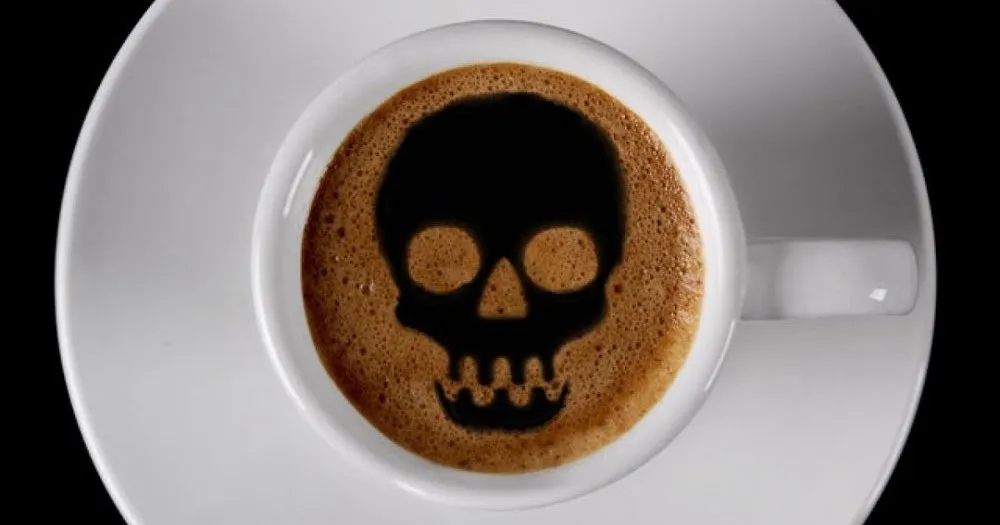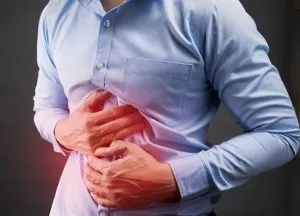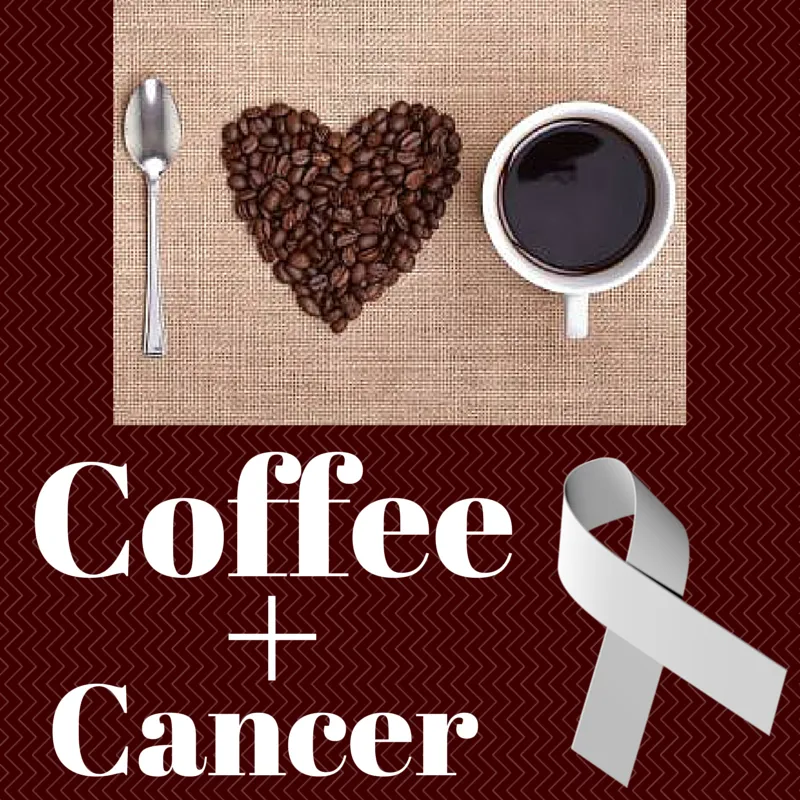Caffeine is the world's most popular stimulant—the drug that four out of five Americans take on any given day. Most of the caffeine we consume comes from coffee.
Caffeine is a Poison!

Caffeine, which is the main chemical in coffee, is a powerful poison! A drop of caffeine injected into the skin of an animal will produce death within a few minutes. An infinitely small amount injected into the brain will cause convulsions. The amount of caffeine in a cup of coffee is quite small, yet we drink coffee because of the effect of the caffeine, just as we smoke because of the effect of the nicotine. Both are drugs, and both are habit-forming. Both are poisons.
The general public usually associates ulcers and heart trouble with coffee drinking. J.A. Roth and A.C. Ivy, whose experiments on coffee are famous, state this:

Caffeine produces gastro-duodenal ulcers in animals to whom the drug is given in a beeswax container so that their stomachs are absorbing caffeine continually. Also, caffeine produces very definite changes in the blood vessels of animals, which are similar to changes produced by prolonged resentment hostility and anxiety.
Does Coffee Cause Cancer?
There is mounting evidence suggesting that if you want to avoid certain cancers, you are well-advised to kick the coffee habit. Consider these examples:

One study revealed that not only was coffee drinking associated with increased risk of bladder cancer, but the drinking of non-diet cola drinks also was linked to this problem.
Coffee drinking increases the risk of birth defects.
Coffee drinking increases blood pressure, increasing the risk of heart disease.
It is commonly thought that the drinking of coffee, soft drinks, and other caffeinated drinks is a minor matter as far as our health is concerned. But is it? We cannot estimate its effect on mind and emotions, discrimination, and judgment. And then there are the harmful effects of the stimulation on the heart and other vital organs.
Coffee and other caffeinated beverages are poor substitutes for water. The body need fluids, but not stimulating drugs. Giving up the coffee habit is relatively easy to do for most folks—once a commitment has been made. Since caffeine is a less toxic drug than alcohol or street drugs, the majority of coffee drinkers can give up the habit without the sort of difficulties that alcoholics and drug addicts typically experience.
When giving up caffeine, eat and drink only what contributes in some way to good nutrition for the body. Any food or drink does not contain vitamins, minerals, or enzymes should automatically be crossed off the list. While breaking the coffee habit, be sure to drink plenty of fresh juices and water.